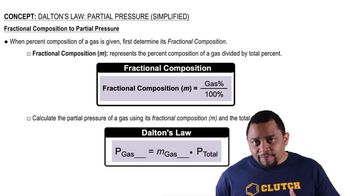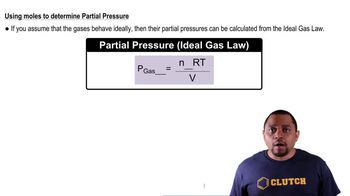At a restaurant, a customer chokes on a piece of food. You put your arms around the person's waist and use your fists to push up on the person's abdomen, an action called the Heimlich maneuver.
b. Why does it cause the person to expel the food item from the airway?





